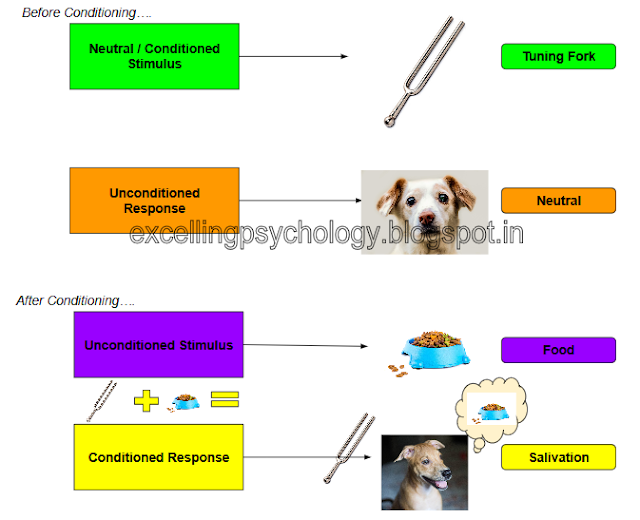What Psychology Teaches Us # 1 - That our Brain Changes its Structure with practice….or Lack of It
Ever wondered how you manage to become better and better in whatever you pursue with practice? Taking the case of writing, our alphabets and numbers become increasingly legible and our speed of writing increasingly faster the more we write.
Many experience that their wrist and fingers become more 'settled' and that they seem to develop some sort of 'memory' for the letters and numbers as they keep writing. From our knowledge of the human body, we know that the movement of our wrists and fingers is controlled by what is called the somatic division of the nervous system - the chief organ of which is the brain. The brain regulates all movements that take place in our body. Surely then, since the brain is the master controller of our movements, it must be the brain rather than the individual parts of the body that shows some response to what we practice. Indeed it does!
The brain is made up of millions of cells that connect with each other through trillions of pathways. These pathways have been long known to be malleable, that is, to change shape in accordance with our practice of certain skills. Let's understand this with the writing example again - take a moment to think which of your senses and muscles are involved in the seemingly simple skill of writing.
I hope you have realized that your sense of vision and muscles of the right (or left) arm, hand and fingers are predominantly engaged in the skill of writing. Now, the brain has a separate set of cells devoted to vision, another set devoted to arm movements and so forth. Whenever you write, these various sets of cells keep coordinating with each other by means of those pathways I mentioned earlier. With every practice session of writing, you make this coordination faster and more accurate. Analogize this with people walking between two points in a grassy area. When they first begin walking, the coarse grass and pebbles hinder the pace and smoothness of their walk. However, once they do this everyday, the grass breakdown, pebbles are kicked out and the path smoothness by their consistent walking. They can then walk quickly and efficiently.
More important than the repeated findings regarding the strengthening of neural pathways through practice, however, is the finding that brain cells actually increase in number with practice. Imagine you have five students in your college preparing the stage for the annual day. Now imagine you have ten. In which case will your work get done faster? Taking the example of writing again, imagine how useful it would be to have an added number of specialized cells for vision or hand movements in your brain! And this is something you can achieve by simply practicing the skill, without any intrusion in or invasion of your brain!
The credit for this finding goes to Draganski et.al. who in their 2004 study with groups of adults (yes, adults!) found that those adults who were trained in juggling and made to practice it for three months showed an increase in the numer of cells in those areas of their brains which are involved in juggling. This was a groundbreaking finding for so far, it was only known that neuronal pathways or the connections of brain cells with each other become stronger through practice. That the brain actually grows in response to practice was an equally if not more remarkable finding than the previous one.
What is just as noteworthy is that this increase of brain volume perishes with a lack of practice. The strengthened connections between brain cells also revert to their original strength once practice comes to an end. This is what the researchers found when their participants ceased their practice of juggling for another three months after having practiced for three months.
What have we to take away from all of this in our everyday lives -
One, that if we want to good at a skill, we have no option but to practice it. Expecting to deliver a good performance by simply reading about it or observing someone else do it will not develop the brain structure that we need to perform the skill well;
Two, that if we want to sustain an ability durably, we again, have no option but to keep practicing it. If we do not do so, the brain loses the capacity it had developed to execute those skills well.
I can think of such a wide variety of skills that we can hone by practicing and actually make a part of our being, in the physical sense! I can think of meditation above all and also, depending on interest - singing, dressmaking, craft, sports, etc.; depending on occupation - academic writing, public speaking , persuasion, leadership, cooking etc.; for personality and social relationships- etiquette, manners, communication and so much more.
What skills would you like to practice and make a part of your person? Do share with me in the comments below.
Reference - B. Draganski, C. Gaser, V. Busch, G. Schuierer, U. Bogdahn, A. May Neuroplasticity: changes in grey matter induced by training. Nature, 427 (2004), pp. 311-312


im not a psychology student but jus love the subject
ReplyDeletedo dis type of lesson s more often.
lots of love from London ☺️
Thank you so much for this sweet compliment.
DeletePlease do introduce yourself.